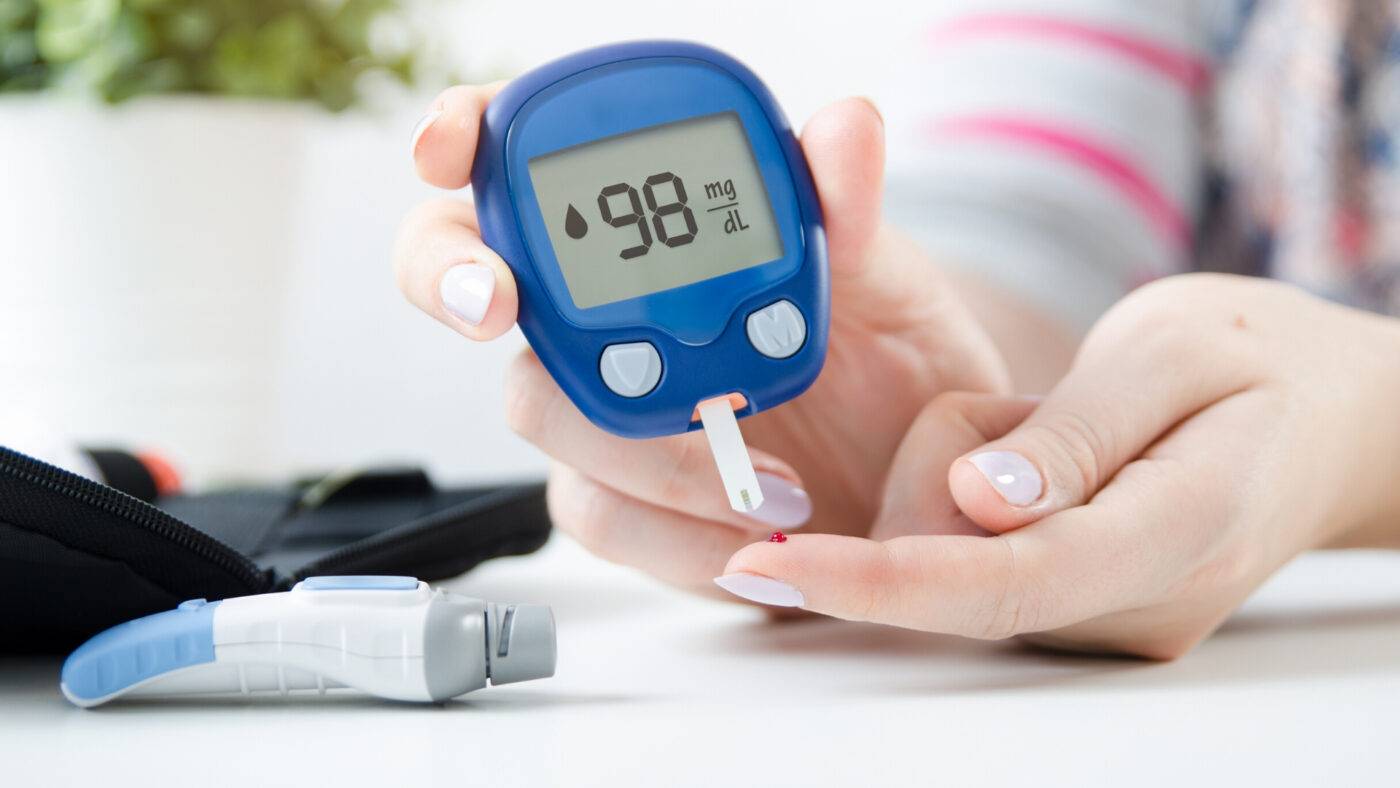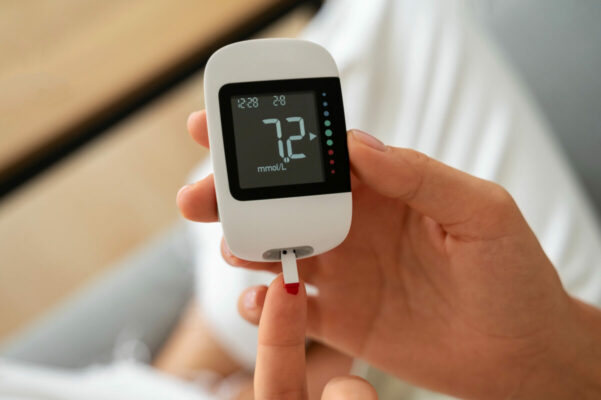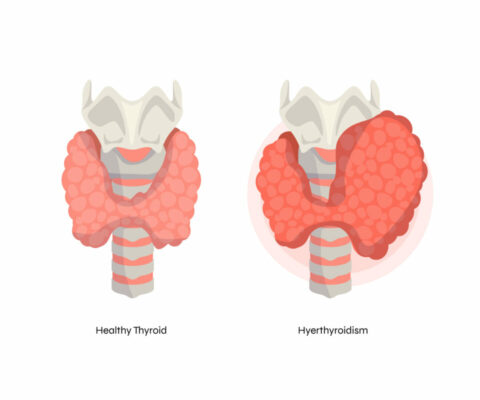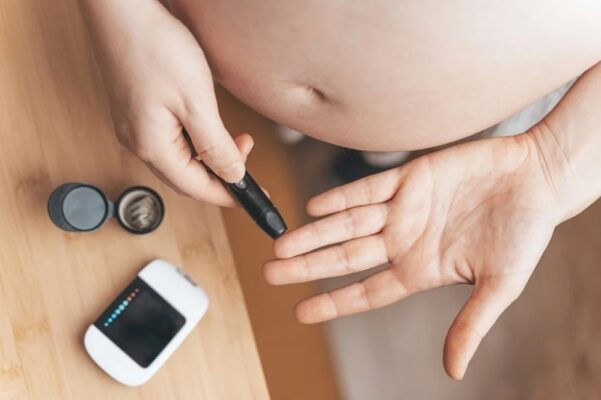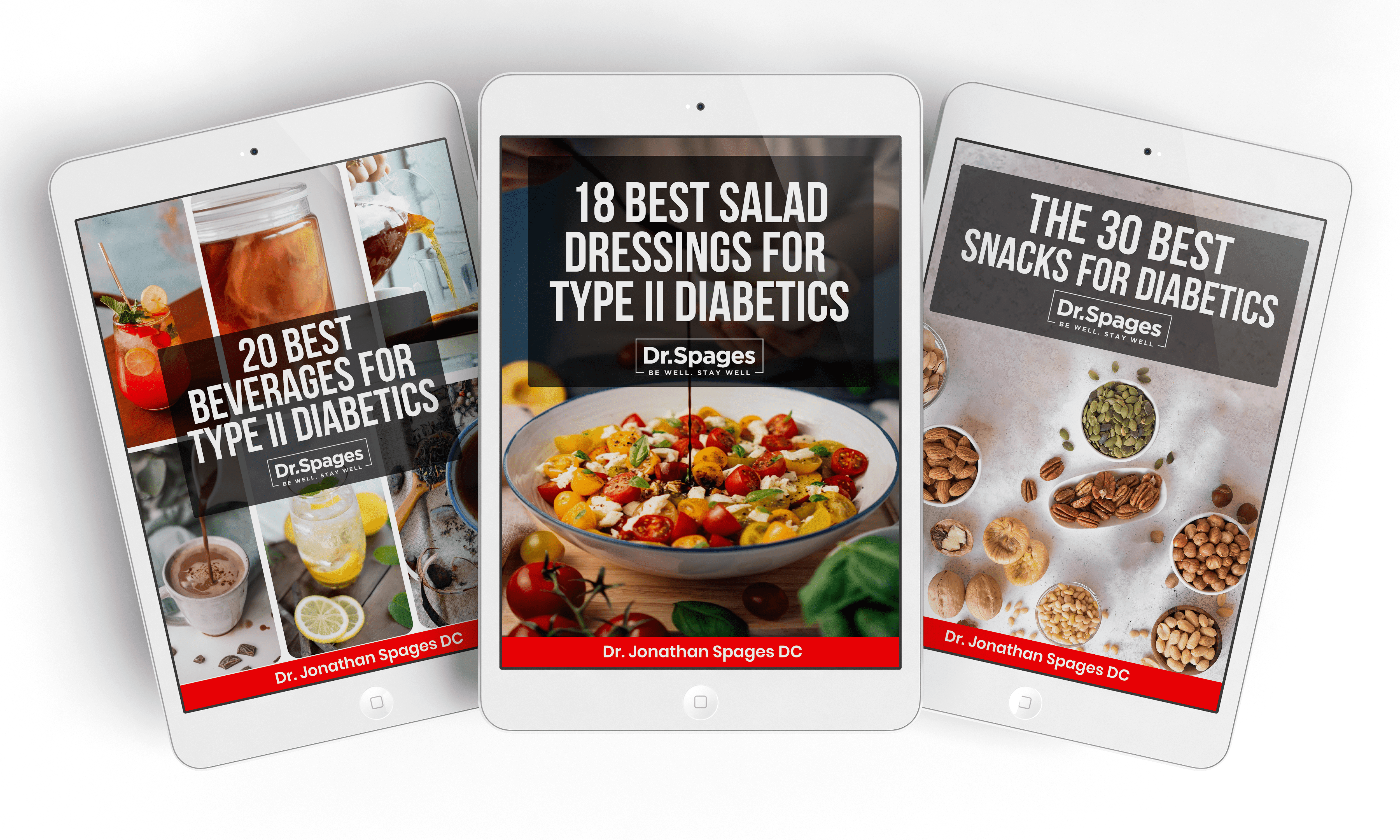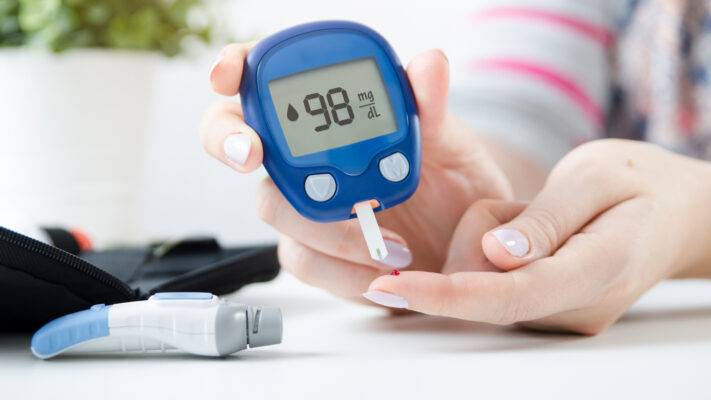
The Importance of Blood Sugar Monitoring for Reversing Diabetes
Diabetes is a chronic disease that affects millions of people worldwide. The condition is characterized by high blood sugar levels, which can lead to a host of health problems, including heart disease, nerve damage, and kidney damage. While there is no cure for diabetes, it can be managed and even reversed through a combination of lifestyle changes, medication, and blood sugar monitoring.
In this article, we’ll explore the importance of blood sugar monitoring for reversing diabetes, including the benefits of regular monitoring, the different types of monitoring tools available, and strategies for incorporating monitoring into your diabetes management plan.
The Benefits of Blood Sugar Monitoring:
Blood sugar monitoring is a critical component of diabetes management, and it offers a number of benefits for people looking to reverse the disease. Here are just a few of the key advantages of regular blood sugar monitoring:
- Provides insight into Glucose Control: Regular monitoring can help you better understand how your body is responding to dietary changes, medication, and other interventions. By tracking your blood sugar levels over time, you can identify trends and make adjustments as needed to improve glucose control.
- Prevents Complications: High blood sugar levels can lead to a variety of health problems, including nerve damage, kidney damage, and cardiovascular disease. Regular monitoring can help identify potential complications early, allowing for timely intervention and treatment.
- Increases Motivation: Seeing the impact of lifestyle changes and medication on blood sugar levels can be incredibly motivating. Regular monitoring can help keep you accountable and inspire you to make healthier choices to improve glucose control.
- Facilitates communication with Healthcare Providers: Sharing blood sugar monitoring data with your healthcare provider can help them make informed decisions about medication, diet, and other interventions. Regular monitoring can also help you and your healthcare team track progress and make adjustments as needed.
Types of Blood Sugar Monitoring Tools:
There are several different types of blood sugar monitoring tools available, each with their own benefits and drawbacks. Here are some of the most common options:
- Blood glucose Meters: These portable devices are designed to measure blood sugar levels using a small drop of blood obtained through a finger prick. They are easy to use and offer immediate results, making them a popular choice for people who need to monitor their blood sugar levels frequently.
- Continuous Glucose Monitors (CGMs): CGMs are wearable devices that continuously monitor blood sugar levels through a small sensor placed under the skin
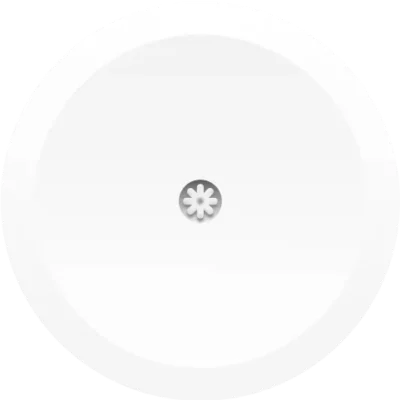 . They offer real-time data and can help identify trends and patterns in blood sugar levels. However, they can be expensive and may require frequent calibration.
. They offer real-time data and can help identify trends and patterns in blood sugar levels. However, they can be expensive and may require frequent calibration. - Urine testing strips: These strips are designed to measure the presence of glucose in urine, which can indicate high blood sugar levels. While they are a convenient and inexpensive option, they are not as accurate as other monitoring tools and may not be suitable for people with certain medical conditions.
Incorporating Blood Sugar Monitoring into Your Diabetes Management Plan:
Incorporating regular blood sugar monitoring into your diabetes management plan can be a challenge, but there are several strategies that can help make it easier:
- Set realistic Goals: Talk to your healthcare provider about how often you should be monitoring your blood sugar levels and set realistic goals for yourself. For some people, this may mean checking levels several times a day, while others may only need to check once a day. To learn more about blood sugar, visit Dr Spages.
- Keep a Log: Recording blood sugar readings in a log can help you identify trends and patterns over time. Consider using a digital log or app to make it easier to track and share data with your healthcare team.
- Make it a Routine: Incorporate blood sugar monitoring into your daily routine to make it a habit. For example, you might check your levels before and after meals or before and after exercise.
- Use Reminders: Set reminders on your phone or other device to help you remember to check your blood sugar levels at regular intervals. This can be especially helpful if you are new to monitoring or have difficulty remembering to check your levels.
- Be Prepared: Keep monitoring supplies on hand at all times so that you can check your blood sugar levels whenever needed. This may include glucose meters, testing strips, lancets, and alcohol wipes.
- Stay Informed: Stay up to date on the latest advances in blood sugar monitoring technology and talk to your healthcare team about which tools may be right for you. You may also want to attend diabetes education classes or support groups to learn more about monitoring and diabetes management.
Conclusion:
Blood sugar monitoring is a critical component of diabetes management and reversal. Regular monitoring can provide valuable insights into glucose control, help prevent complications, increase motivation, and facilitate communication with healthcare providers. With a variety of monitoring tools available, including blood glucose meters, continuous glucose monitors, and urine testing strips, it’s important to work with your healthcare team to determine which options are right for you. By incorporating regular monitoring into your diabetes management plan and staying informed about the latest advances in monitoring technology, it may be possible to reverse or manage diabetes and improve overall health and well-being.
About Dr Spages
Dr. Jonathan Spages, DC is a specialist in Functional Medicine and has outstanding abilities in treating the imbalances connected to chronic diseases such as type II diabetes and hypothyroidism and is expert in treating the root cause of the problem. He has transcended the traditional method of treating these conditions by depending on drugs and hormones as the primary solution. Instead, he uses innovative diagnostic tests and analysis methods to uncover the hidden causes of these diseases, which are frequently disregarded in traditional medical approaches.


